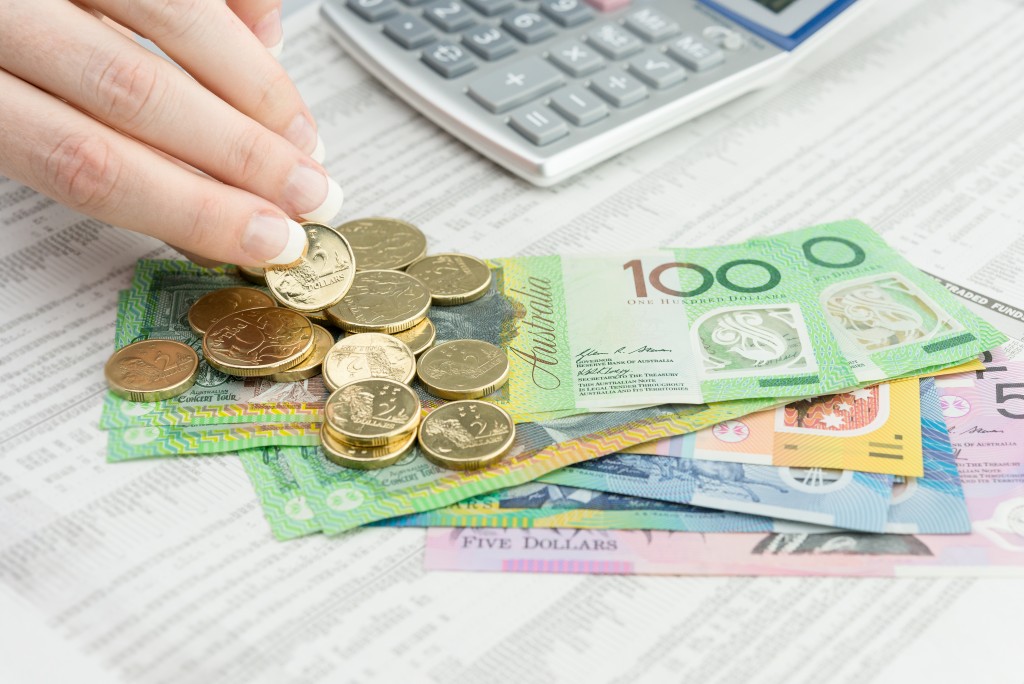In this age of information, you’ll probably encounter dozens of consumer temptations daily. Go online, and smart marketing campaigns lure you into unnecessary spending. It’s easy to disregard the impact of such trifling influences. But many people act on them, thinking that they are harmless in the big picture when the exact opposite can happen.
What you might think of as a one-time indulgence becomes a small habit triggered by other frequent stimuli such as stress or fatigue at work. Bad habits compound, and since we are effectively the sum of our behaviors, it’s easy to see how someone can end up living paycheck to paycheck or needing a bankruptcy lawyer to get out of trouble. Here’s how you can rein in those small, unassuming bad habits before matters spiral out of control:
Curate your influences
A lot of adults know that it’s crucial to run a budget and track living expenses. But not everyone can make the connection between spending and the stimuli that caused the behavior in the first place. We spend so much time online that unless we approach the problem from its root, a truly effective solution can’t take hold.
Major retailers collect and process your data in mind-boggling ways, then send you customized marketing emails and ads for products you’re likely to want. You might be following people or brands on social media whose posts create the urge to spend. Curate your influences. Correlate your non-essential spending with the things you might have seen online that triggered the impulse and take steps to block or avoid seeing them whenever you go online.

Strengthen your willpower
Many of us can easily get inspired by reading an online post or story about how someone managed to turn their lives around. But translating this inspiration into results is far more complicated. We all need willpower to both commit to positive change and say no to negative influences.
You might think that willpower is a finite resource, but it can be managed and strengthened like a muscle. Simple practices such as increasing self-awareness or engaging in meditation, proper diet, and regular exercise will help to build up your willpower. This way, the fuel of your motivation will burn for longer. Your willpower can lift heavier loads and make bigger hurdles easier to overcome.
Build up in small steps
Willpower isn’t the only tool you can leverage to achieve your goals. Playing to your strengths in terms of ability will make it easier to improve. The distance to cover will be shorter, and progress will be made more quickly, which is gratifying and provides positive feedback. This is especially useful to compensate for low motivation or manage significant challenges.
If you’re already facing a bad financial situation, don’t try to overhaul all your practices. Focus on goals that are within reach. A small step such as saving $100 off each paycheck might seem like a drop of water in the pond, but it’s certainly doable. Combined with other small measures, such as committing to pay your bills on time and freezing one or more credit cards, you can create a ripple effect. This will build up your capabilities and enable increasingly longer strides in the right direction.
A bad financial outlook is usually the result of poor practices left unchecked in the long term. Apply these measures, and you can keep those little bad habits from forming into big problems.

